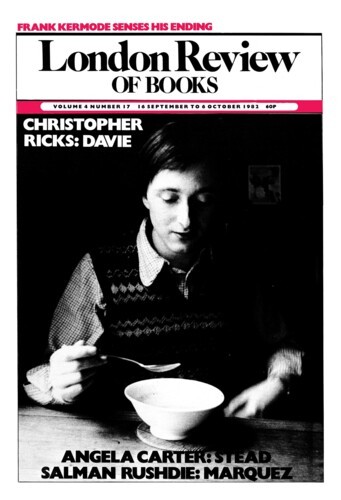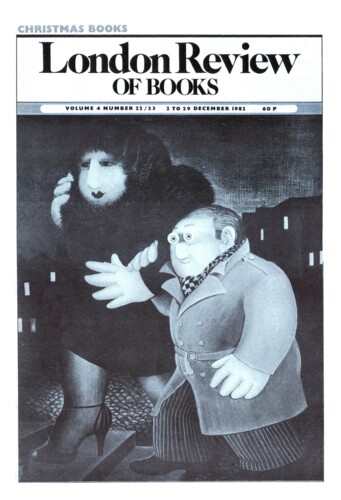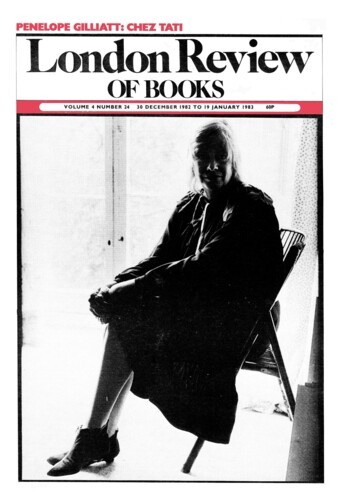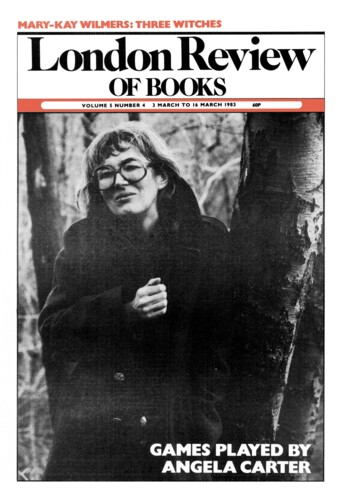Darlington is not like Bermondsey: it has not been ruined yet. In Bermondsey you could see the local community industry, the dockland, turned into a building-site – with the traditional community leaders and politicians quarrelling fiercely over the future of this land: older and younger members or ex-members of the Labour Movement were at each others’ throats in an extreme local version, a microcosm, of the national split. You could see the blocks of council flats – many of which have housed the families of young dockworkers quite happily – boarded up, scorned and despised: for the young men and women have moved away. You could see older small houses, once workmen’s cottages, now extremely desirable for young professional people. In came a bright young professional man as candidate for the Social Democratic Party, cutting between the quarrelling ‘socialist’ factions, and boosted by the London media-men (conveniently near at hand and poised to foment and exploit the Labour quarrel). This candidate scooped the pool, assisted by the votes and abstentions of elderly Bermondsey people bewildered by the ruin and general beastliness, not sure why good old Bob Mellish was being so rude to nice young Peter Tatchell. The vicious graffiti about Tatchell were gleefully reported: not so the more libellous graffiti about Mellish.–
Darlington is not like Bermondsey: it has not been ruined yet. In Bermondsey you could see the local community industry, the dockland, turned into a building-site – with the traditional...





